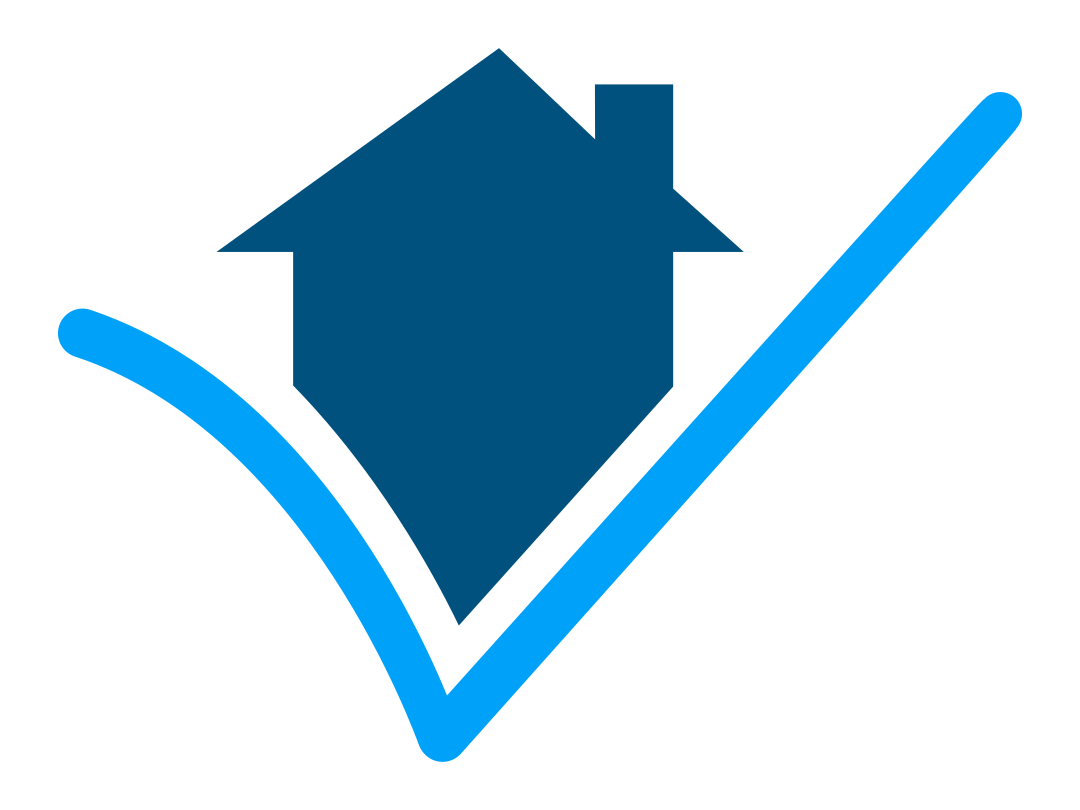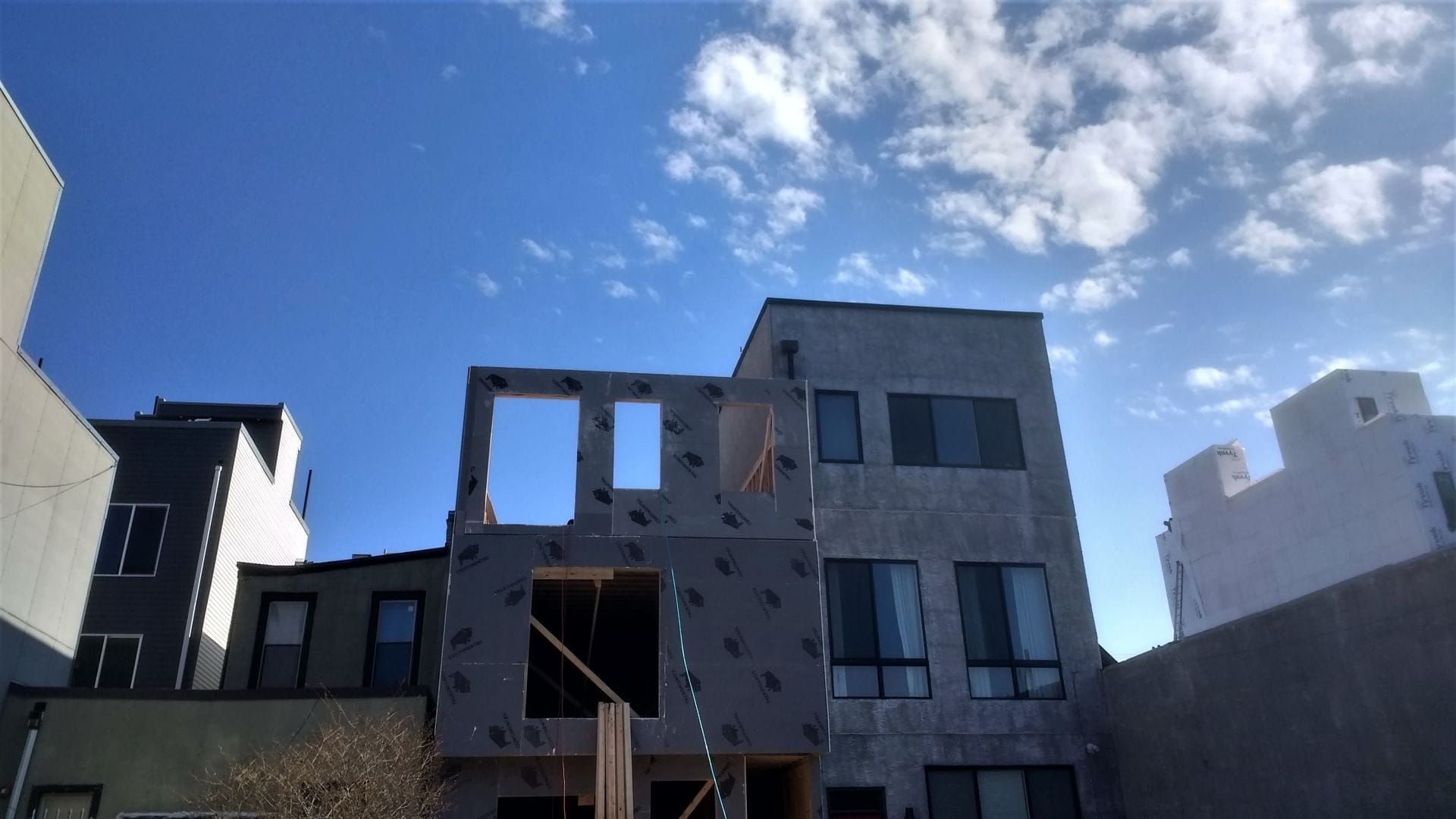In our last post, we covered the basic terms and ideas of the zoning process in Philly. Now, let’s talk about the most complicated part: The Philadelphia zoning variance and special exception process.
In Philly’s zoning rules, property owners or tenants might want to use their space differently than Philly’s zoning code allows. This can be done, but only after special applications are filed, neighborhood groups review the proposal, and the Zoning Board of Adjustment approves the proposal.
before starting: variance or special exception?
As previously covered, Philly’s zoning code classifies different types of rule changes: If you want to use your property in a way that the zoning code allows but requires special review, then you’re requesting a special exception. If you want to use your property in a way that the zoning code does not allow at all — or you want to change the dimensions of your building in a way the zoning code does not allow — then you’re asking for a variance (either a use variance or a zoning variance, or a combination of the two).
These terms are important for the legal argument made before the Zoning Board of Adjustment. However, both special exceptions and variances follow the exact same process (though a special exception is easier to get). So when we talk about the Philadelphia zoning variance process, know that we mean the same procedure for both special exceptions and variances.
Step 1: Apply for a Zoning Variance or Exception
This is the easy part: As with all permits in Philadelphia, you have to collect the documents and forms required by the City, and submit this package to the Department of Licenses and Inspections.
Depending on the nature of the project, you might also have to get approval from another City department. For example, projecting signs require approval from the Streets Department, so if you’re trying to open a sandwich shop with a big sign you need Streets to review the architectural plans before you submit them to Licenses and Inspections.
When you apply, there is (of course) a fee charged, which is $25 for one- or two-family homes, and $100 for every other type of project.
If you’re in a rush, the City allows you to pay for a faster application review. Even then, however, you’ll still wait as much as two weeks for a review of your work. Review speeds depend on the type of project and the plans examiner reviewing your package. Review times vary between a few days and a month; usually, you’ll wait two weeks to hear back from the City.
Step 2: Get a Refusal
It’s strange, I know, but this is how it works: Even when you know that your project does not conform to the Zoning Code, you still have to apply for a use permit and wait for the City of Philadelphia to refuse your application. The form you receive is called a refusal, or sometimes the more-official “Denial Letter.” Once you have a refusal, you can move on to the next part of the process:
Step 3: Appeal
Appeal the refusal! When you file the appeal, you’re basically asking the City to take a second look at your project and allow it even though the Zoning Code forbids it.
To appeal, you file a form and (of course) attach a fee to the City, which varies depending on the size and scope of your project and the nature of the property (most often it’s $125 or $300).
The City takes its time to review appeals as well, so you’re likely to wait another week or two (though in some cases, as much as a month).
Step 4: Meet Your Neighbors!
After processing the appeal, the City sends you a list of neighborhood groups to meet with. These are called Registered Community Organizations. Their size, organization, and makeup vary; however, you will be asked to present your project to one RCO and let all the other local RCOs know about the meeting.
At the meeting, the RCO generally expects to see diagrams, blueprints, and pictures of your property or proposed building. They confer, vote, then tell you whether or not they approve of the project.
This decision is not legally binding: you can get zoning approval without getting neighborhood support. However, neighborhood support helps a lot: the ZBA will like your project better if the neighbors do. In fact, in 2021 City Council changed the makeup of the ZBA with the explicit goal to make it more sensitive to neighborhood concerns (something voters signed on for).
Step 5: Present to the Zoning Board of Adjustment
After meeting with the RCO, you will make your case to the Zoning Board of Adjustment. If a company (even a single-member LLC) owns the property, a lawyer must represent the company before the ZBA. Homeowners may make their own case or engage an attorney.
If the Zoning Board approves of the project, then the project is legal! You have a special exception or variance letter headed your way, and you can continue with your project.
If the Zoning Board does not approve of your project, then you can’t continue without a legal fight. There are cases in which courts have overturned rulings by the ZBA; however, our work at Permit Philly does not extend that far, and we’ll pass you off to an experience lawyer in the event you wish to dispute a ruling by the ZBA.
What about building permits?
If you’ve got yourself a zoning permit allowing a variance or special exception, you most likely also need a Building Permit. We’ll cover that on another post here; or, if you’re in a hurry to get answers, just contact us!

